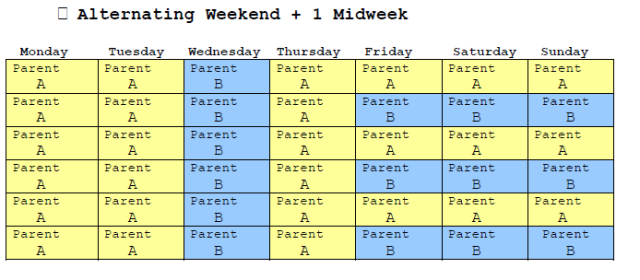Video: Ron Ousky on Hiring A Family-Focused Divorce Lawyer
When determining which attorney to hire for your divorce, you may be tempted to believe that your best option is to hire an overly-aggressive lawyer. But is that truly going to benefit you and your family? Do you want to make your spouse “the enemy” and make your children collateral damage? Well, there is another option. Instead, you can hire a family-focused divorce lawyer.
In the video below, Minnesota collaborative attorney Ron Ousky, former president of the International Academy of Collaborative Professionals, discusses, among other things, why you should consider hiring a family-focused divorce lawyer.


 Rather, when I act as the neutral mediator, I prefer to practice face-to-face mediation.
Rather, when I act as the neutral mediator, I prefer to practice face-to-face mediation.


